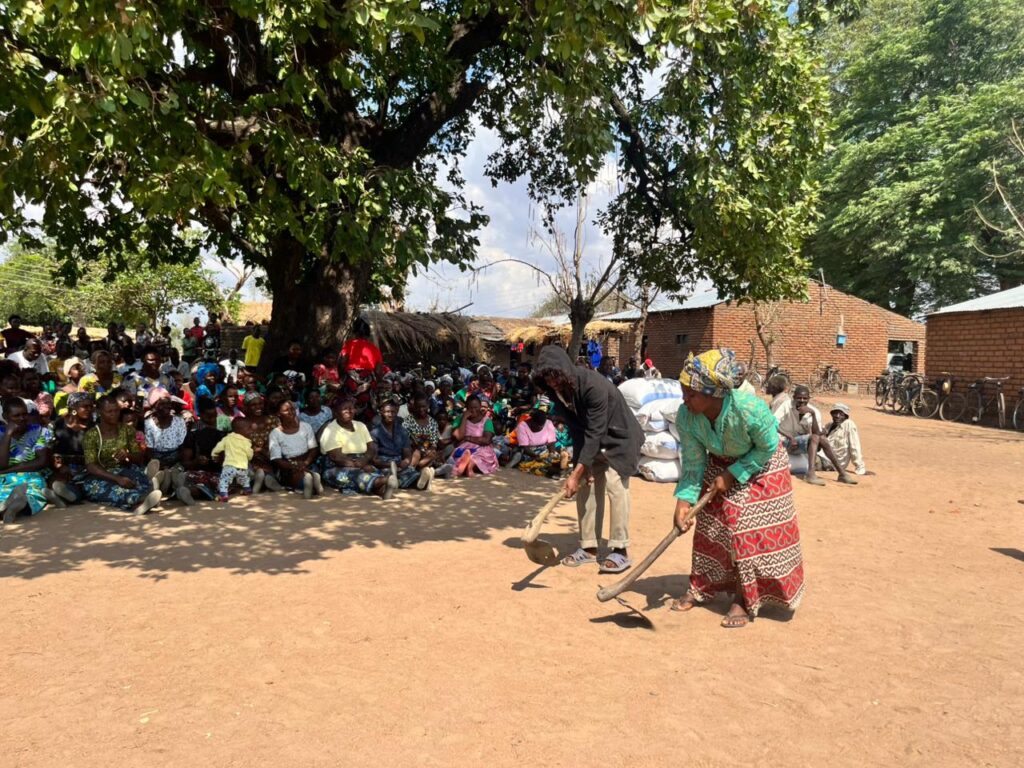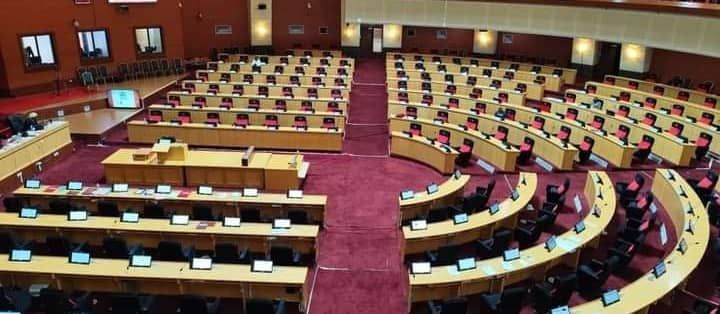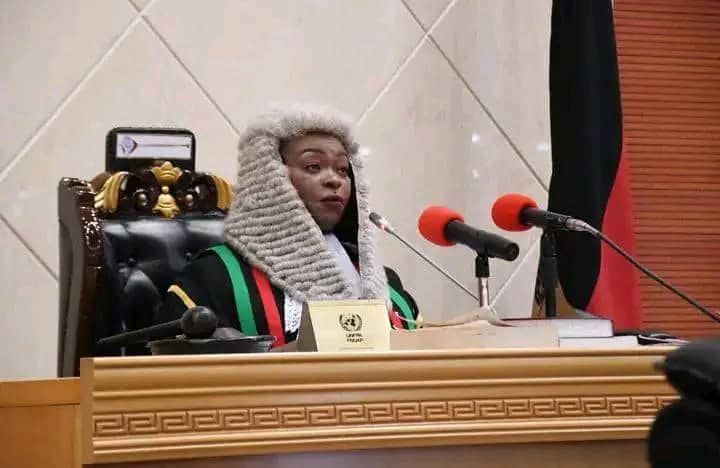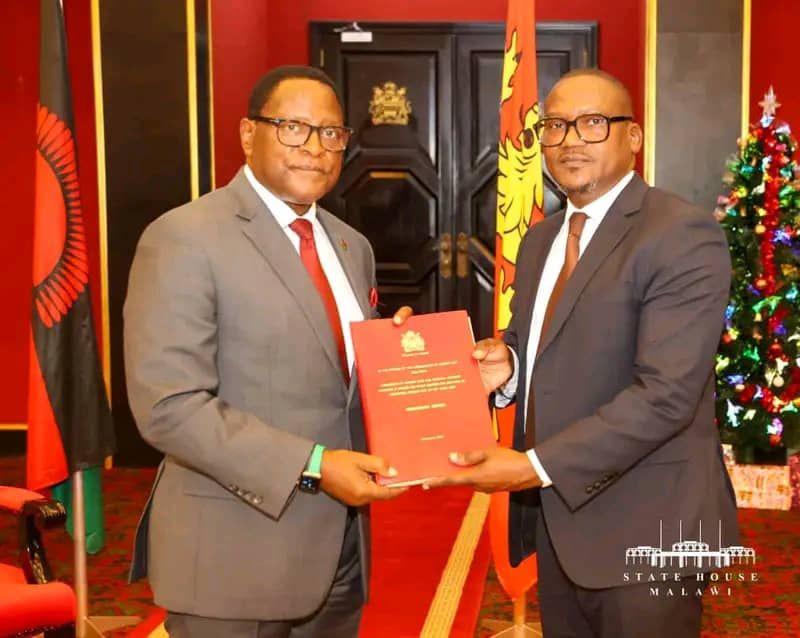By Staff Reporter
Solidaridad proudly joined the global 16 Days of Activism Against Gender-Based Violence campaign, with particular emphasis on Southern Africa. This international movement highlights the urgent need to eliminate gender-based violence (GBV), promote gender equality, and empower communities to create safer, more inclusive environments.
In farming communities, GBV is often rooted in entrenched social and economic inequalities, perpetuating cycles of harm that hinder development and well-being. Solidaridad is committed to disrupting these patterns through education, awareness, and community-driven action that reflect its core mission of fostering inclusive, equitable, and sustainable supply chains in Southern Africa, including but not limited to South Africa, Zambia, Zimbabwe, Mozambique and Malawi.

“Gender-based violence not only violates fundamental human rights but also disrupts the trust, collaboration, and resilience that are vital for strong farming communities and sustainable supply chains. When violence occurs, it weakens the social fabric of farming communities, hindering the cooperative efforts needed for agricultural success and the smooth functioning of supply chains. This not only impacts individual well-being but also the productivity, efficiency, and sustainability of agricultural systems that depend on unity and shared goals,” said Precious Greehy, Solidaridad’s Head of Gender and Youth.
“To address GBV, we must challenge harmful norms and create environments where everyone feels safe, valued, and respected, regardless of gender. By fostering these inclusive spaces, we unlock the full potential of farming communities to drive sustainable development. Our programs are designed to strengthen these communities, ensuring they are free from violence and discrimination, while enhancing the resilience and collaboration needed for thriving agricultural supply chains. This approach supports the long-term success of our farmers and the broader agricultural ecosystems,” added Greehy.
This year’s campaign featured a multi-faceted approach aimed at engaging farming communities and amplifying their voices. Through strategic partnerships with governments, local organizations and media, Solidaridad raised awareness. The campaign also centered on farmer-led video stories of individuals taking a stand against GBV, inspiring others to join the movement. On social media, Solidaridad dared to connect communities across Southern Africa and beyond, fostering a united digital conversation.
“By integrating GBV awareness into our agricultural programs, we empower farming communities to lead the charge against violence,” said Humphrey Nxumalo, Solidaridad Southern Africa’s Head of Programmes. “Our work goes beyond addressing violence—it equips farmers, workers, and their families with the knowledge and tools to build healthier relationships, advocate for fairness, and ensure everyone can thrive in supportive environments. These efforts pave the way for inclusive development and long-term community transformation. Together, we can create a future free from fear and inequality.”

Shungu Kanyemba, Managing Director of Solidaridad Southern Africa, emphasized the broader vision behind the campaign: “Ending gender-based violence is both a moral and strategic imperative for building sustainable supply chains. By equipping communities with tools like awareness materials, sparking critical conversations through community engagements, and amplifying farmer voices on social media and in the fields, we are driving change at every level—from grassroots to global markets. This movement begins with the farmers and extends to governments, businesses, and consumers, ensuring dignity and safety for all stakeholders. We aim to foster environments where women, youth, and entire communities can thrive. This campaign is deeply rooted in Solidaridad’s guiding principle of creating inclusive and resilient agricultural ecosystems.”
Solidaridad invites individuals, organizations, and stakeholders in Southern Africa and beyond to join this critical campaign by engaging with activities, and advocating for violence-free communities. Together, we can build a future where farmers, workers, and community members live and work free from fear and violence.
The 16 Days of Activism Against Gender-Based Violence campaign took place from 25 November 2024 to 10 December 2024.







